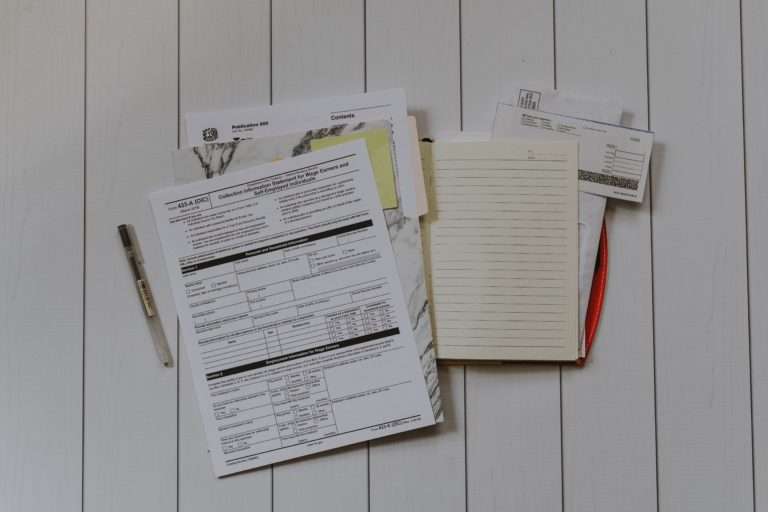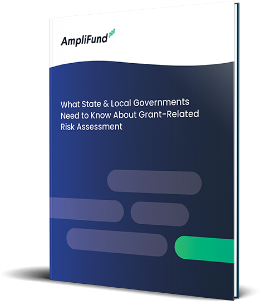*This blog includes research and language from the 2020 Compliance Supplement Addendum.
With the approaching close out of Coronavirus Aid, Relief, and Economic Security (CARES) Act Indian Community Development Block Grant (ICDBG) programs, tribal nations must begin turning their attention to audits.
It is important as tribes prepare for these audits that they understand the key differences between traditional ICDGB program requirements and those of CARES Act ICDBG programs.
All About CARES Act ICDBG Funding
What does this funding cover?
In general, CARES Act ICDGB programs cover:
- Activities, projects, or programs to prevent COVID-19
- Activities, projects, or programs to prepare for COVID-19
- Activities, projects, or programs to respond to COVID-19
CARES Act ICDBG funds are significantly more flexible than traditional ICDBG funds. That is because this money can cover everything aside from the following ineligible activities:
- Activities, projects, or programs that are not reasonably tied to preparing for, preventing, and responding to COVID-19.
- Ineligible activities described in 24 CFR section 1003.207 (for example, buildings or portions of buildings used for the general conduct of government, political activities, general government expenses). (Unless waived or modified by the U.S. Department of Housing and Urban Development (HUD)).
What timeframe is considered for this funding?
In their CARES Act audit, tribes should include both future and reimbursement costs going back to when the tribe began preparing these programs, or January 2020.
What additional expenditures are included for this funding?
Because the public service cap of 15 percent was removed for CARES Act ICDBG funds, tribes can also use them to cover:
- Employment services (job training)
- Crime prevention and public safety
- Child care
- Health services
- Substance abuse services (counseling and treatment)
- Fair housing counseling
- Education programs
- Energy conservation
- Services for senior citizens
- Services for homeless persons
- Welfare services (excluding income payments)
- Down payment assistance
- Recreational services
CARES Act ICDBG funds can also cover:
A. Emergency Assistance
ICDBG grant funds may be used to provide emergency payments for low to moderate income individuals or families impacted by COVID-19. This includes items such as food, medicine, clothing, and other necessities, as well as rental assistance and utility assistance. This assistance is not allowed to exceed a six-month period, unless extended at a later date.
B. Purchase of Equipment
Cares Act ICDBG funds can go towards the purchase of equipment necessary to prevent, prepare for, and respond to COVID-19. Equipment must be used for authorized program purposes, and any proceeds from the use of this equipment will be considered ICDBG program income.
C. Operating Expenses for Public Facilities
Tribes may use CARES Act ICDBG funds to pay for the operating and maintenance expenses of any public facility, to the extent that it is used for COVID-19-related purposes. However, in incurring such costs, ICDBG grant recipients may not use these funds to pay for associated staffing costs of these facilities.
D. New Construction
Indian tribes and tribal organizations may use CARES Act ICDBG funds to carry out new housing construction if the purpose of the construction is to reduce overcrowding or to prevent, prepare for, or respond to COVID-19.
*Photo by Kelly Sikkema on Unsplash




